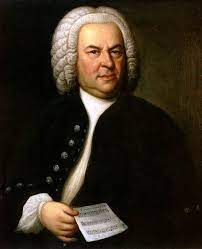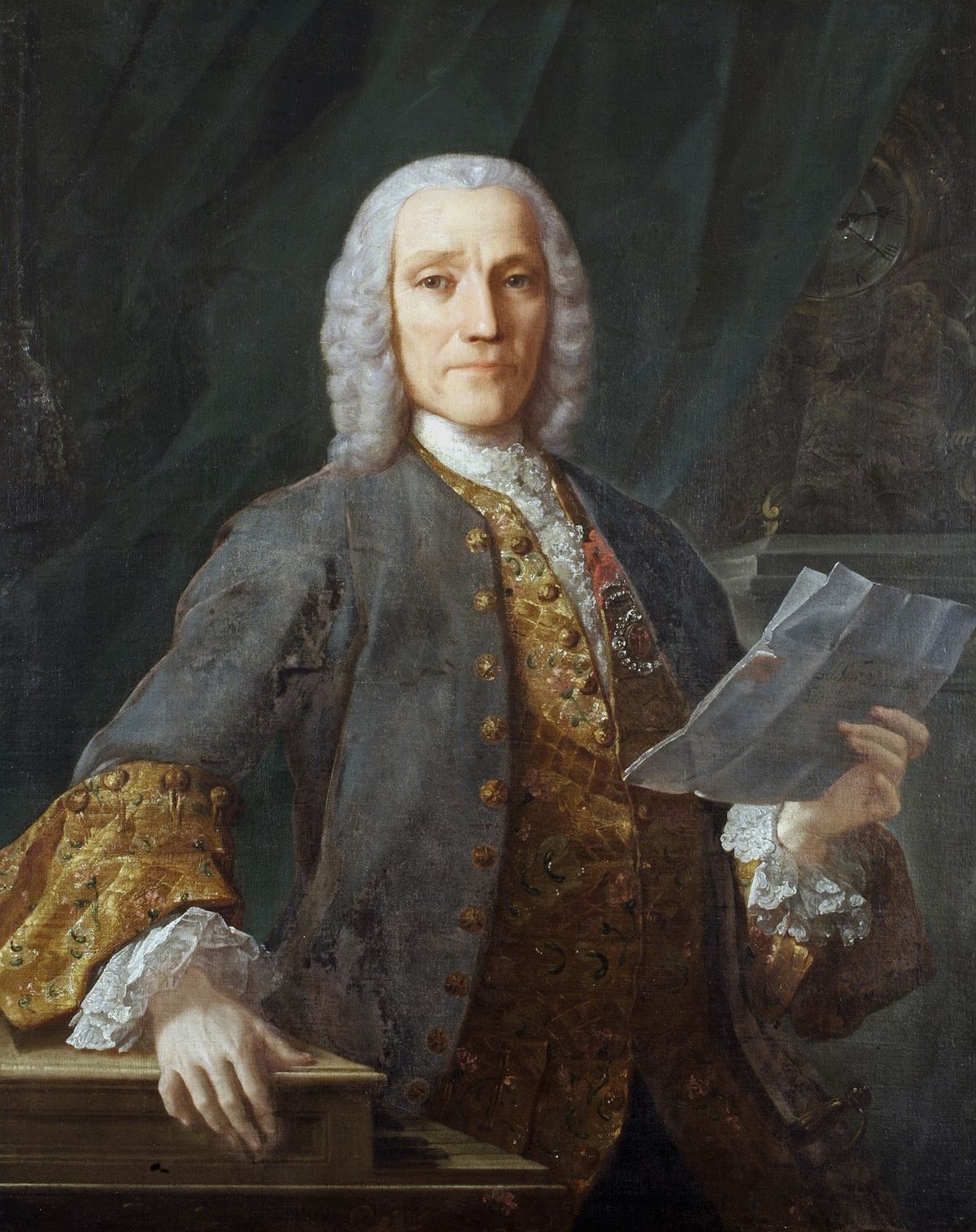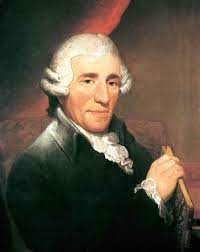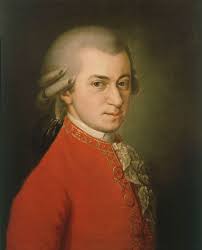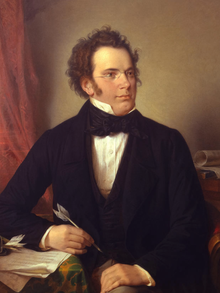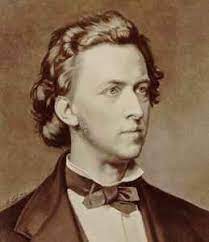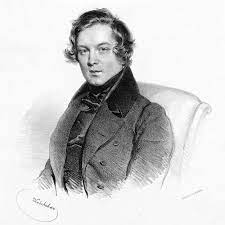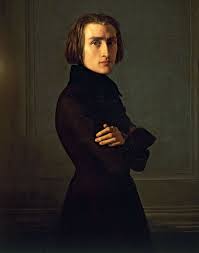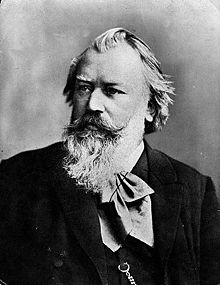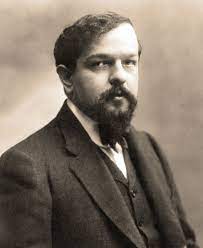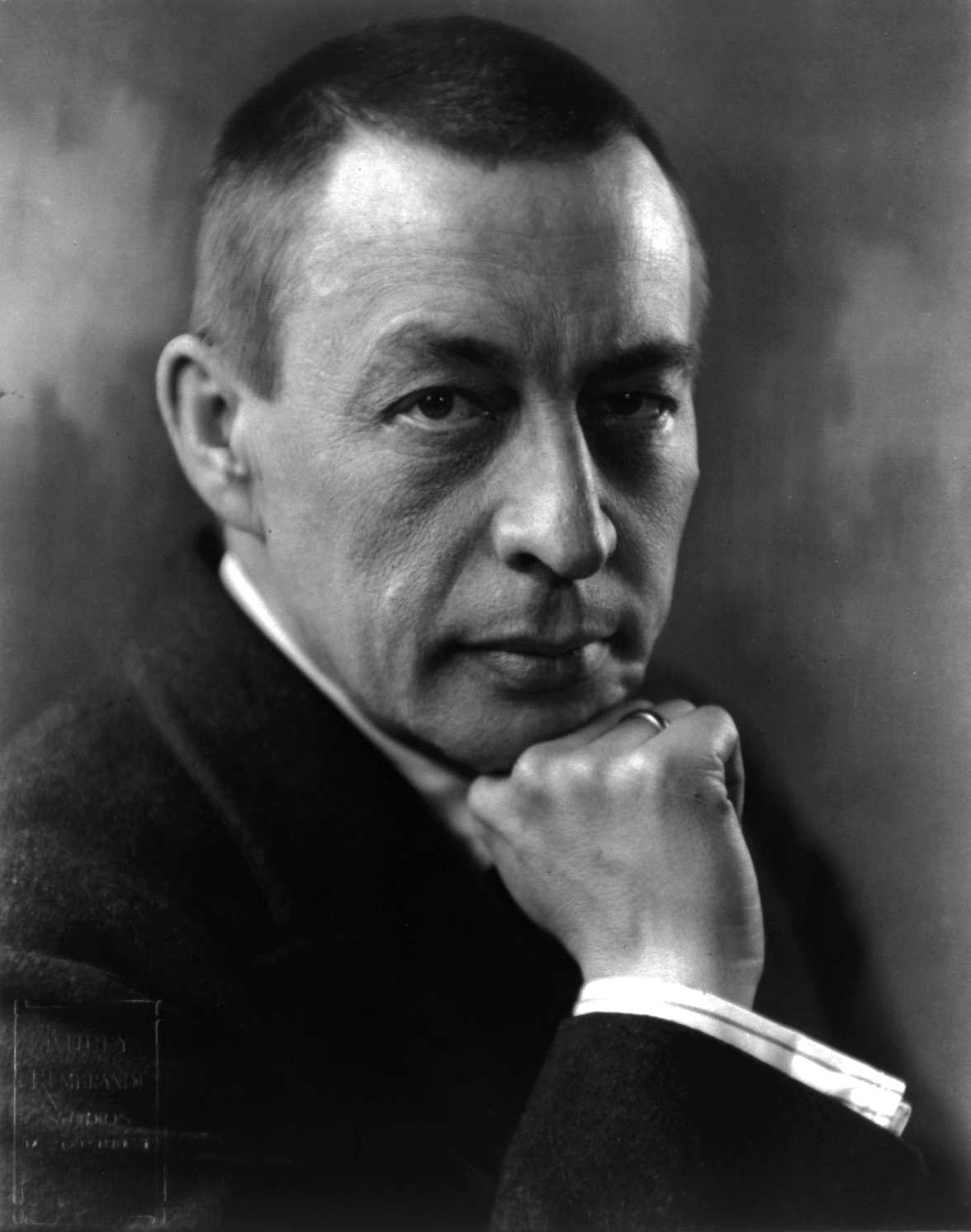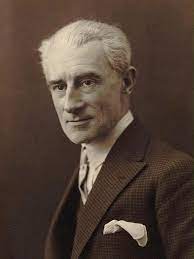Bach's early years were marked by personal and professional challenges. He faced the loss of both of his parents by the age of 10 and experienced periods of financial instability throughout his life. Despite these hardships, Bach's unwavering dedication to his craft and deep religious faith fueled his artistic endeavors. Bach held various positions as a composer and musician in courts, churches, and cities across Germany. One of his most notable appointments was as the Kapellmeister at the courts of Weimar, Cöthen, and Leipzig, where he composed a vast amount of music for various ensembles, including orchestras, choirs, and keyboard instruments. Bach's music was characterized by its technical mastery, profound expression, and intricate polyphony. He was a master of various musical forms, including choral music, organ music, orchestral works, and chamber music. His compositions displayed a deep understanding of harmony, counterpoint, and structure, and his innovative use of complex musical techniques, such as fugues and canons, set him apart as a true musical genius. One of Bach's most significant contributions to Western music was his exploration of religious themes and his ability to infuse his compositions with deep spirituality. Many of his choral works, such as his St. Matthew Passion and Mass in B Minor, are considered masterpieces of sacred music, conveying a sense of profound reverence, and emotional depth.
Major Works
- Brandenburg Concertos
- Mass in B Minor
- St. Matthew Passion
- Goldberg Variations
- Art of Fugue
Bach's Improvisation
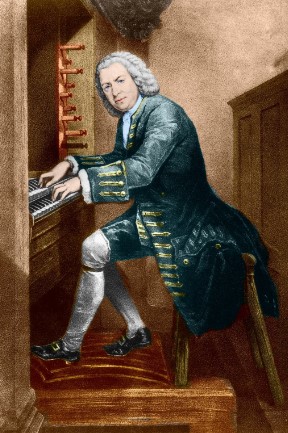
Bach wrote like a mathmatician, and was known to be one of the greatest improvisers of all time. When he wrote and composed, he calculated, and had a deep understanding of the fundamental concepts of harmony and counterpoint. Johann Sebastian Bach was renowned for his exceptional improvisational skills, which he often demonstrated during his performances on the organ and harpsichord. One famous story that highlights Bach's ability to improvise with chromatic themes comes from an encounter he had with the renowned organist and composer Louis Marchand. In 1717, Marchand challenged Bach to an improvisation contest during a public concert in Dresden, Germany. Marchand was known for his virtuosic skills and had a reputation as one of the best organists of his time. The challenge was eagerly accepted by Bach, who was known for his improvisational prowess and was eager to prove his skills. The contest took place in front of a large audience, with both Bach and Marchand taking turns to showcase their improvisational abilities on the organ. Marchand went first and played a dazzling display of intricate runs, scales, and elaborate ornaments, leaving the audience in awe. It was then Bach's turn, and he chose a chromatic theme, a melody that uses notes outside of the key, as the basis for his improvisation. The challenge was to use this chromatic theme as a foundation for his improvisation and create a coherent and musically compelling piece on the spot. Bach's improvisation was nothing short of extraordinary. He wove the chromatic theme seamlessly into a rich tapestry of harmonic and melodic variations, showcasing his deep understanding of counterpoint, harmony, and form. His improvisation was not only technically flawless but also emotionally moving, capturing the hearts of the audience. As the contest continued, Marchand realized that he was no match for Bach's improvisational genius and abruptly ended the competition, leaving the stage in defeat. Bach was declared the winner, and his improvisation skills were lauded by the audience and his contemporaries. This event is just one example of Bach's remarkable ability to improvise with chromatic themes and create breathtaking music on the spot. It speaks to his immense talent as a composer and musician, as well as his deep understanding of music theory and his ability to push the boundaries of improvisation to new heights. Bach's improvisational prowess remains legendary to this day, and his ability to create profound and moving music in the moment continues to inspire musicians and listeners alike.
Personal Life
Bach's personal life was marked by his deep religious convictions and his devotion to his family. He was married twice and fathered 20 children, many of whom became musicians themselves. His family life was often challenging, with the loss of several children in infancy and the demands of his musical career placing strain on his relationships. However, Bach's deep faith and love for music were unwavering throughout his life.
Legacy
Bach's legacy as a composer, musician, and educator continues to inspire generations of musicians and listeners alike. His profound compositions, technical virtuosity, and unwavering dedication to his craft have earned him a prominent place in the pantheon of classical music, and his music remains timeless, cherished for its profound beauty and enduring emotional impact.
Performed by Glenn Gould, Gould,Glenn, "Goldberg Variations" 1995 (edited 2006) ,Zenph Studios, SME (on behalf of Sony Classical); LatinAutorPerf, Public Domain Compositions, and 8 Music Rights Societies
YoutubeVersionGoldberg Variations by Bach
The Goldberg Variations is a composition by Johann Sebastian Bach, consisting of an Aria and 30 variations for keyboard, typically performed on harpsichord or piano. It is known for its complex and expressive music, showcasing Bach's mastery of counterpoint and emotional expressiveness. The piece is challenging to perform due to its technical demands, including rapid scales, ornamentations, and contrapuntal passages. Considered a masterpiece of Baroque music, The Goldberg Variations has been influential in Western classical music and continues to be admired and studied by musicians and music lovers alike. This recording was performed and interpreted by Glenn Gould, a master in baroque keyboard music and general piano music.
Mischa Maisky plays Bach Cello Suite No.1 in G
YoutubeVersionBach Cello Suite No.1 in G Major
Johann Sebastian Bach's Cello Suite No. 1 is a renowned composition for solo cello that is part of a set of six suites. Composed in the early 18th century, the suite consists of a prelude followed by dance movements including Allemande, Courante, Sarabande, Menuet I and II, and Gigue. It is known for its technical demands, with complex bowings, fingerings, and ornamentations, showcasing Bach's mastery of counterpoint. The Sarabande, in particular, is considered the emotional heart of the suite. Rediscovered in the 19th century by cellist Pablo Casals, Bach's Cello Suite No. 1 has since become a cornerstone of the cello repertoire, widely performed and recorded by numerous cellists. Its distinctive structure, expressive music, and historical significance have made it a beloved and enduring work in the world of classical music. It was performed by Mischa Maisky, a renowned and professional cellist.
The Death
Johann Sebastian Bach died on July 28, 1750, in Leipzig, Germany, and the exact cause of his death is not definitively known. His music fell out of favor after his death but experienced a revival in the 19th century, led by composers such as Mendelssohn. Bach's works are now considered masterpieces of Western classical music and continue to be widely performed, studied, and admired.
